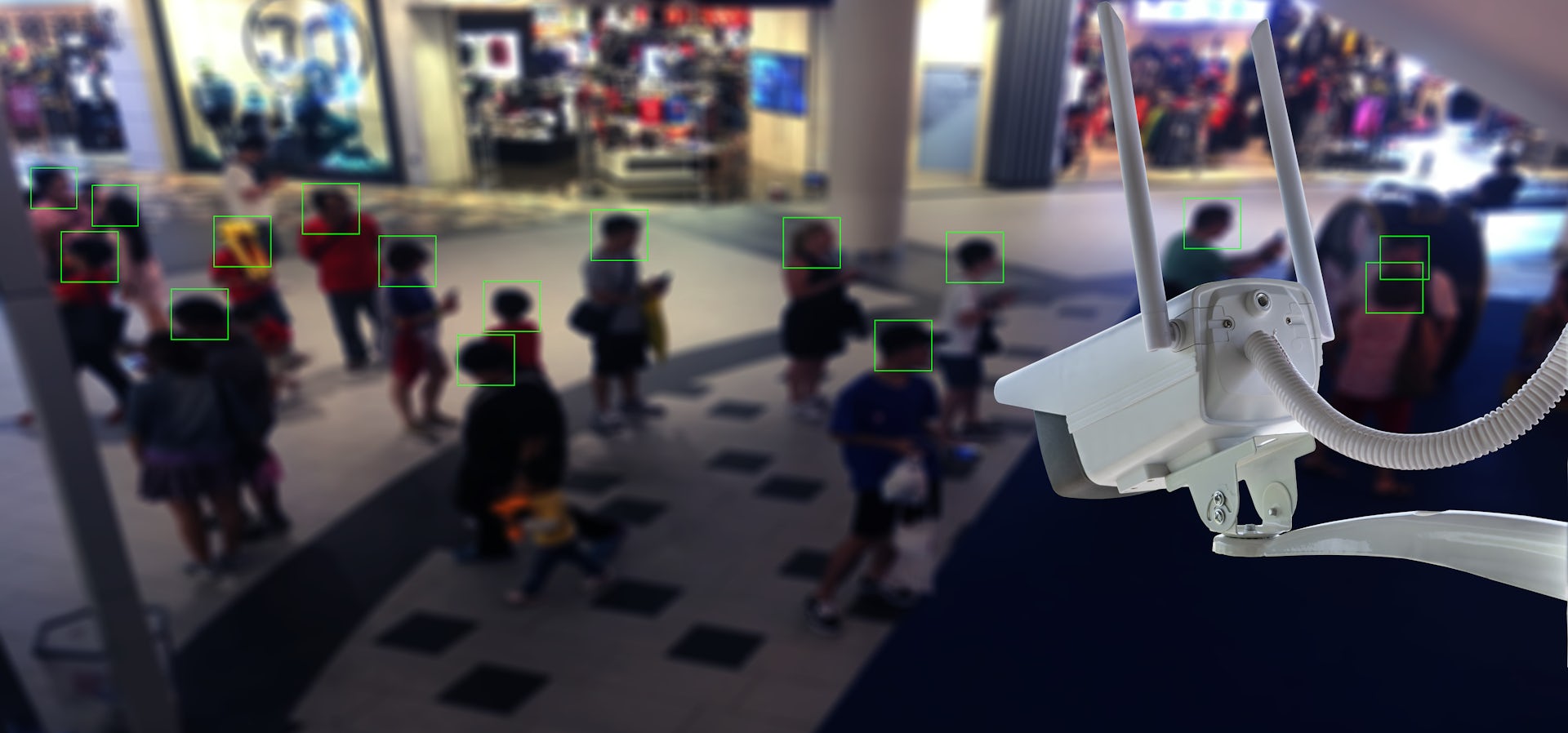When Bernard Jones Jr. and his wife, Doris, built their dream home, they didn’t hold back. A grotto swimming pool with a waterfall for hot summer days. A home theater for cozy winter nights. A fruit orchard to harvest in fall. And a vast underground bunker in case disaster strikes. “The world’s not becoming a...
Science & Technology
Electric Vehicle Transition Could Create Unwanted Air Pollution Hotspots in China and India
While electric vehicles have become a cornerstone of the global energy transition, new research led by Princeton University has demonstrated that refining the critical minerals needed for electric vehicle batteries could create pollution hotspots near manufacturing hubs. Focusing on China and India, the researchers found that national sulfur dioxide (SO2) emissions could increase by up...
Adoption of AI Calls for New Kind of Communication Competence from Sales Managers
Artificial intelligence, AI, is rapidly transforming work also in the financial sector. Conducted at the University of Eastern Finland, a recent study explored how integrating AI into the work of sales teams affects the interpersonal communication competence required of sales managers. The study found that handing routine tasks over to AI improved efficiency and freed...
Uncovering the Pigments and Techniques Used to Paint the Berlin Wall
Street art takes many forms, and the vibrant murals on the Berlin Wall both before and after its fall are expressions of people’s opinions. But there was often secrecy around the processes for creating the paintings, which makes them hard to preserve. Now, researchers reporting in the Journal of the American Chemical Society have uncovered information about...
Emoji Use May Depend on Emotional Intelligence and Attachment Style
Higher emotional intelligence is linked to more emoji use with friends, while avoidant attachment is associated with less emoji use with friends and dating or romantic partners, according to a study published December 4, 2024, in the open-access journal PLOS ONE by Dr. Simon Dubé, Research Fellow at The Kinsey Institute, Indiana University, U.S., and colleagues. This...
Study Reveals Mammoth as Key Food Source for Ancient Americans
Scientists have uncovered the first direct evidence that ancient Americans relied primarily on mammoth and other large animals for food. Their research sheds new light on both the rapid expansion of humans throughout the Americas and the extinction of large ice age mammals. The study, featured on the Dec. 4 cover of the journal Science Advances,...
Self-Assembling Proteins Can Be Used for Higher Performance, More Sustainable Skincare Products
If you have a meticulous skincare routine, you know that personal skincare products (PSCPs) are a big business. The PSCP industry will reach $74.12 billion USD by 2027, with an annual growth rate of 8.64%. With such competition, companies are always looking to engineer themselves an edge, producing products that perform better without the downsides...
Caste Differentiation in Ants
Superorganismal social insects Scientists from the University of Copenhagen have revealed how a specific hormone regulates ant caste differentiation by phenotypic measurements of organ-level developmental changes and matching transcriptome analyses. Published in Proceedings of the National Academy of Sciences of the United States of America (PNAS) on November 4th, 2024, the study entitled “Juvenile hormone as...
Simplicity Is Key to Understanding and Achieving Goals
People’s preference for simple explanations of any situation is connected to their desire to execute tasks efficiently, finds a new study from the University of Waterloo. “These findings show that our preference for simpler explanations mirrors how we evaluate actions. Simplicity isn’t just valued in explanations—it’s part of how we think about achieving results efficiently,” said...
AI Harm Is Often Behind the Scenes and Builds Over Time – A Legal Scholar Explains How the Law Can Adapt to Respond
As you scroll through your social media feed or let your favorite music app curate the perfect playlist, it may feel like artificial intelligence is improving your life – learning your preferences and serving your needs. But lurking behind this convenient facade is a growing concern: algorithmic harms. These harms aren’t obvious or immediate. They’re...








